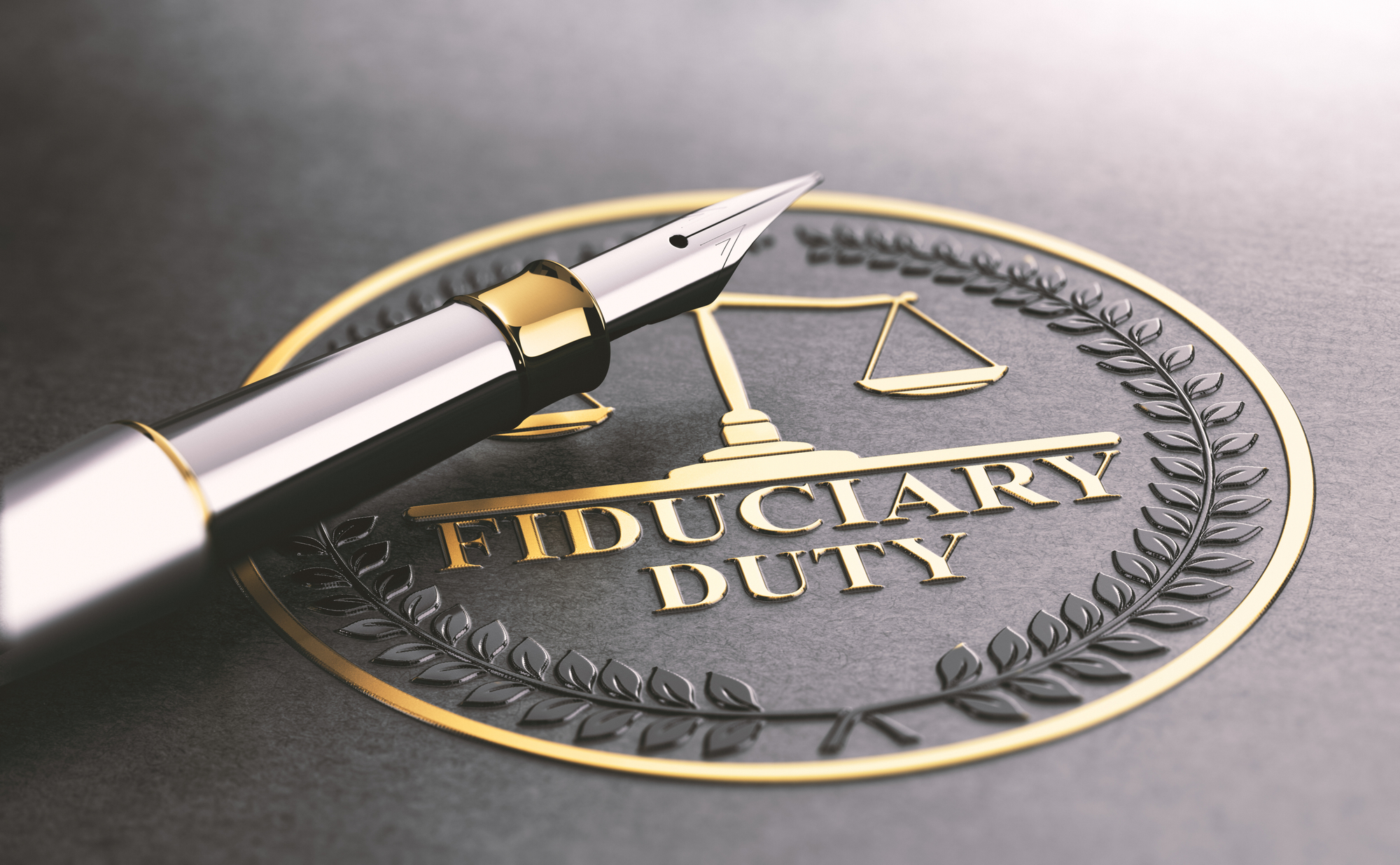In the 21st century, it’s not just about whether an investor must consider ESG issues when making decisions – they do! Defining this will have profound implications for all aspects of business and personal financial planning.
Investors have a responsibility to make sure their investments are sustainable. ESG issues should be incorporated into investment analysis and decision-making processes, consistent with each investor’s time horizons, and high standards must always prevail when it comes down to deciding what kind of companies you’ll invest in!
The Fiduciary Charge in the 21st Century program (a collaboration between PRI and UNEP FI) was launched following the realization that fiduciary duties were being misinterpreted as a primary barrier to incorporating ESG issues into investment practices. Working closely with significant markets’ regulators and policymakers – we’ve engaged over 400 people across ten countries, raising awareness of how vital these sustainable investments are for protecting client assets from risk due to changes in regulations coming into effect soon!
Investors who fail to incorporate environmental, social, and governance (ESG) factors are likely to violate their duty as investment advisors. This year alone, we’ve seen 80 revisions of policy instruments around the world supporting or requiring investors to consider long-term value drivers, including ESG aspects – with major jurisdictions clarifying how they want these incorporated into practices already in place ̶ except for America, where there’s been little movement so far, but that could change soon!
The global financial system is undergoing a significant shift as it responds to the grand challenges of our time. These include climate change, sustainable development, and other issues that represent systemic risks in need of direct responses from policymakers across governments with targeted interventions at local levels–including new legislation on how investors should behave when investing money into projects or businesses which could have negative impacts down-the line because they’re not sure what will happen until after those decisions are made regarding free land use patterns, etc.
The need for a more integrated process between finance and sustainability policy became evident when it was discovered that many countries had adopted at least one measure but not comprehensive frameworks. These findings highlight the necessity of aligning both areas to work together effectively while ensuring change is implemented correctly with translation into actions happening across all levels within each system (i e international community).
A fiduciary duty requires that investors incorporate sustainability into their investments. Still, it is clear now more than ever – with capital markets in trouble all around us- how unsustainable they have become due primarily to poor environmental practices by companies within these markets themselves ̶ investor liability may be too high if something doesn’t change soon! Investors must engage policymakers to urgently clarify ESG requirements and support efforts for institutionalization across the investment market.
We can’t ignore that investment decisions affect ESG outcomes anymore. Financial professionals must take into account how the legal and regulatory frameworks within which they operate, as well as their professional liability for overseeing sustainability initiatives in this new era of uncertainty surrounding fiduciary duty–the next phase of our project will focus specifically on exploring what changes need to be made there!
It is time for a new, more sustainable economic world order. Toward this end, we must first see an increase in public policy that favors progressive change with concrete implications on real-economy outcomes; at stake are lives around the globe worth fighting for!



